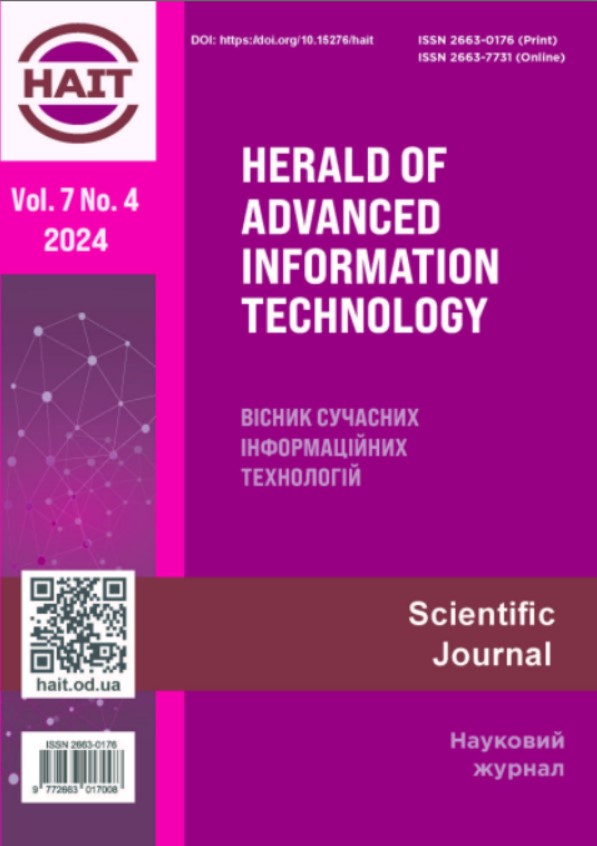Hybrid evolutionary algorithm for effective adaptive teaching of medical students
Main Article Content
Abstract
The article investigates three evolutionary algorithms are analyzed: genetic algorithm (GA), particle swarm algorithm (PSO) and ant colony algorithm (ACO) to assess their ability to adapt curriculum to different characteristics of students, including their level of knowledge, learning style, practical skills and pace of study. The study compares effectiveness for each evolutionary algorithm creating flexible curricula that meet the individual needs of each student. Based on the analysis, the author proposes a hybrid algorithm that combines the advantages of each of the approaches considered. The article discusses the features of the hybrid algorithm, its ability to quickly adapt the learning process, improve individual learning efficiency and improve the quality of medical training. The proposed hybrid approach was tested in simulation conditions, which demonstrated its advantages in ensuring effective personalization of learning, avoiding local minima, and responding flexibly to changes in students' performance.



